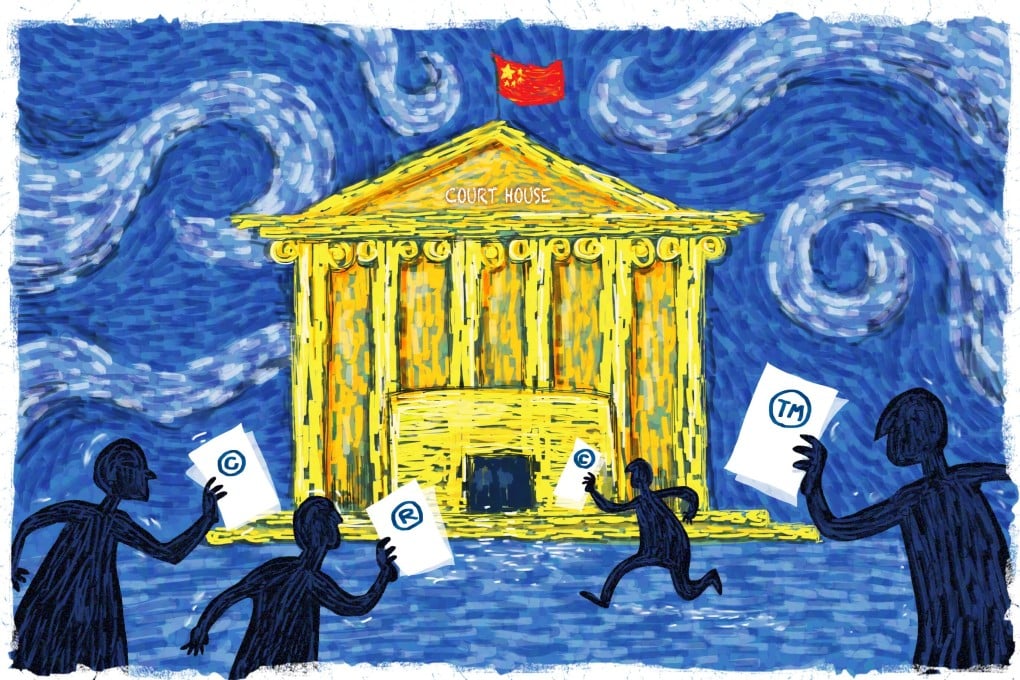From Bruce Lee to L’Oreal, China is pumping up optimism for court cases against intellectual-property thieves
- A slew of recent court rulings point to improved attitude towards defending foreign owners of iconic trademarks and patents
- Authorities have also tightened curb to rampant “trademark squatting” by reviewing the first-to-file patent system

More companies are filing intellectual property (IP) lawsuits amid a shift in attitude towards protecting original ideas, trademarks and patents, according to official data. The rush has accelerated after the phase-one trade deal in the US-China trade war as China also tightened its curb on so-called trademark squatters.
These trends reflect rising urgency among Chinese courts and law enforcers to cement the country’s new-found reputation for protecting intellectual property rights, a thorny issue in China’s trade rows with the US and Europe. The efforts are likely to encourage more foreign firms to defend their rights in the country.
“Compared to last year when American companies were having trouble filing cases, even, in China, now it’s the other way around,” said Douglas Clark, global head of disputes at IP law firm Rouse, who has practised in Hong Kong and China for more than two decades. “Foreign companies are starting to win big cases.”
“Right now the environment [is] for the courts to say ‘yes, go ahead’ and, if there’s good cases, find in favour of foreign parties,” added Clark, who was involved in the New Balance and Spin Master cases.
